Regular exercise helps prevent or manage a wide range of health problems, including cardiovascular disease, stroke, type 2 diabetes, depression, metabolic syndrome, high blood pressure, certain types of cancer, high cholesterol, arthritis, etc. It also boosts your mood and keeps your weight under control.
Frigid temperatures can discourage even the most motivated exercisers. Without motivation, it’s easy to pack away your workout gear for the winter. But you don’t have to let cold weather spell the end of your fitness routine. Winter’s chilly temperatures and the risk of exposure to COVID-19 can discourage even the most active people from exercising. Don’t let that, and cold weather, stop your fitness routine. Staying active year-round can help you improve or maintain your weight, health, and energy levels. In some ways, winter can offer benefits you don’t get in summer.
- You’ll burn more calories. Your body has to work harder to regulate its core temperature, meaning you’ll burn more calories in a cold weather workout that you would doing the same workout in summers.
- You’ll do more for your heart. Just as your body has to work harder in the cold to regulate its core temperature, your heart has to work harder to pump blood throughout your body. If you have a healthy heart, exercising in winters can make your heart even stronger and build more endurance for harder workouts in the future. Note: If you have a weak heart, putting the added stress on your heart could actually be more detrimental, so talk to your doctor to find out if it’s healthy for you to work out outdoors.
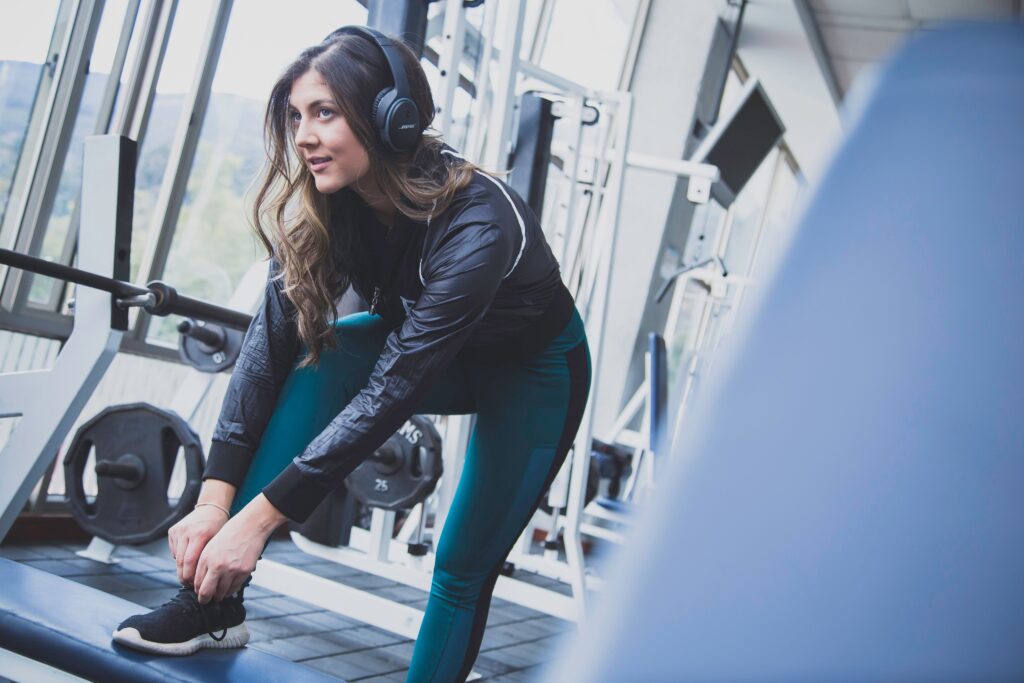
While you might hesitate to exercise in cold weather during a pandemic, it’s generally safe if you take certain precautions. While social distancing may be your number one focus, you should also pay attention to the signs of specific cold-weather hazards. Try these tips for exercising during cold weather to stay fit, motivated and warm.
- Protect your lungs. Breathing in cold and dry air can restrict your airway. This can make breathing more difficult and result in shortness of breath, coughing, wheezing, a tight chest, and an increased risk of a heart attack. Wearing a scarf or balaclava can warm the air before it enters your lungs, and help you breathe easier. However, if you have asthma or heart problems, you should ask your doctor about any precautions you need based on your health or your medications.
- Dress in layers. Start by wearing a lightweight synthetic material, not cotton, to draw the sweat away from your body and dry quickly. Add another layer or two of wool or fleece for insulating warmth. Then top it off with a lightweight, water-repellent, and wind-resistant material.
- Mind your head, hands, and feet. You lose heat through your head, so be sure to cover your head with a warmer even if you are training indoor. Insulate your feet with warm thermal socks. Choose mittens over gloves since your fingers will warm each other. You can wear thin gloves under heavier mittens so you can remove a layer if needed.
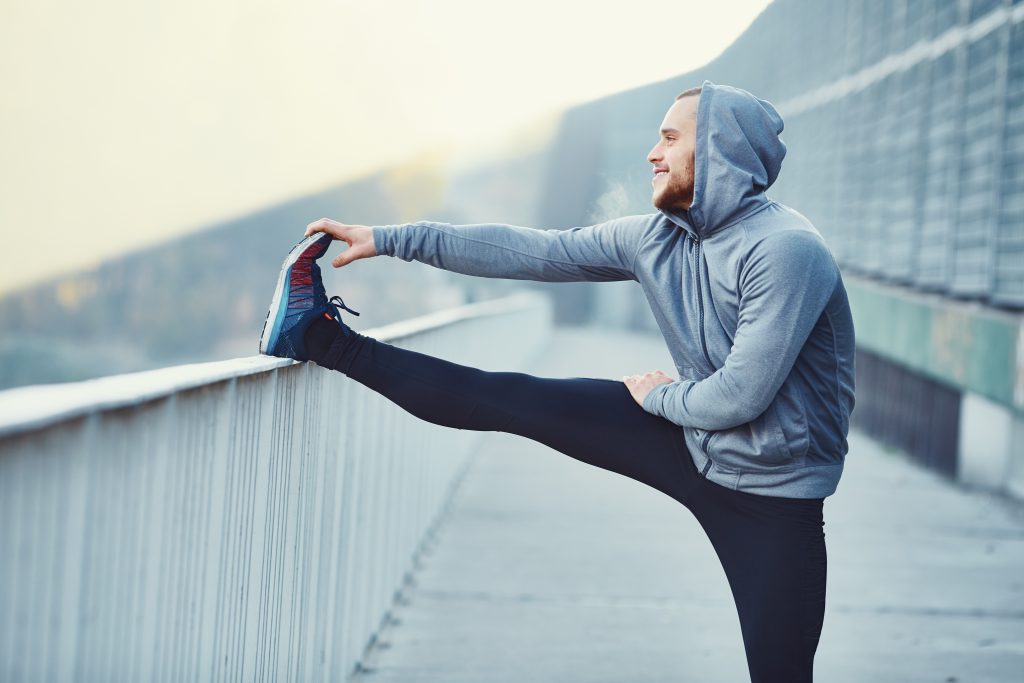
- Stay hydrated. Be sure to drink water before, during, and after your workout, even if you don’t feel very thirsty. Dehydration can be more difficult to notice during cold-weather exercise. If your lips are chapped, this means you need more water.
- Warm up properly. Cold muscles are at a greater risk for strains and injuries, so make sure to warm up before your cold-weather workout. Do not start with static stretches that is not moving the body part while stretching. This can further increase your risk for injury. More dynamic forms of stretching that keep body parts moving can loosen your joints, get your blood flowing, and warm up muscles and tissues.
- Don’t overdo it. Both cold weather and exercise put stress on your body, so start your exercise routine slowly and listen to your body.
- Focus on tight muscles during cool-down: The fact that it’s colder outside does not mean you can skip cooling down post your workout. In fact, it is important that you stretch and condition them so that the effects of soreness are not worse than usual. These muscles usually tend to be the calves, the arms, and the back. This is the right time to finish your work out with static stretching exercises.
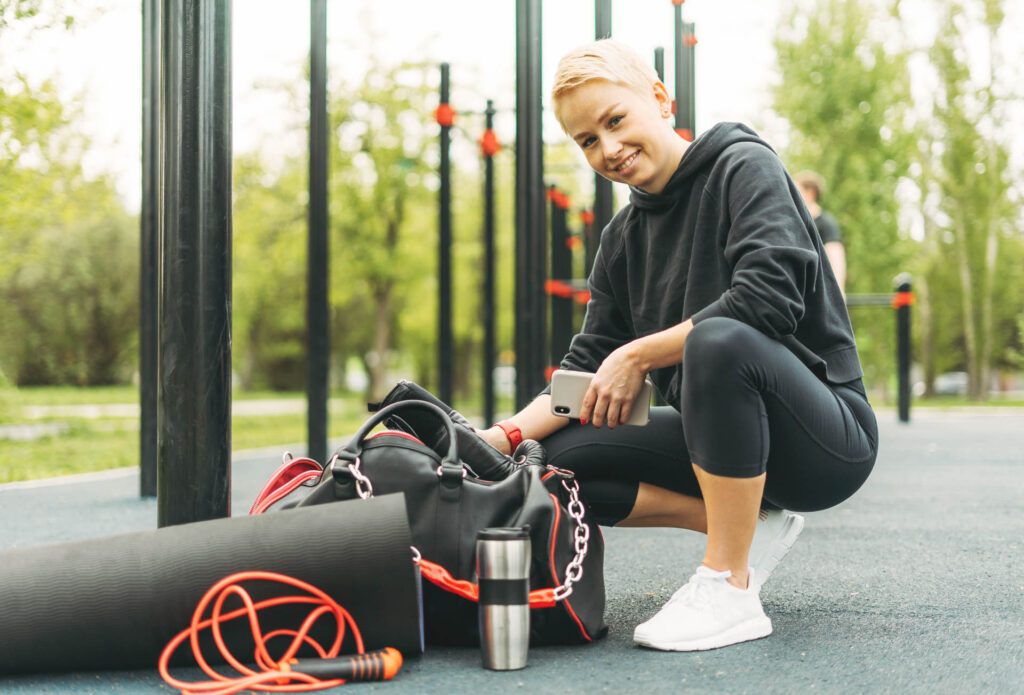
- Emergency alert. Exercising in cold weather increases the risk of hypothermia (abnormally low body temperature). Seek emergency care right away if you develop symptoms such as intense shivering, extreme fatigue, slurred speech, or loss of coordination. Always let someone know when you are going outdoors and carry a fully charged cellphone.
Exercise is safe for almost everyone, even in cold weather. But if you have certain conditions, such as asthma, heart problems or Raynaud’s disease, check with your doctor first to review any special precautions you need based on your condition or your medications.

Dr Saranjeet Singh
Fitness & Sports Medicine Specialist
Lucknow

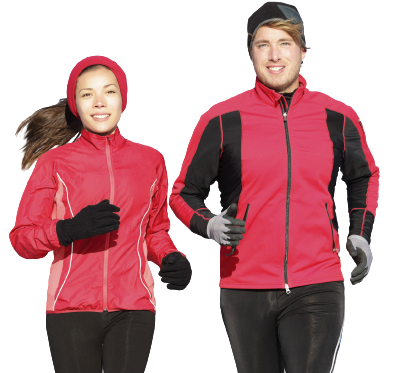

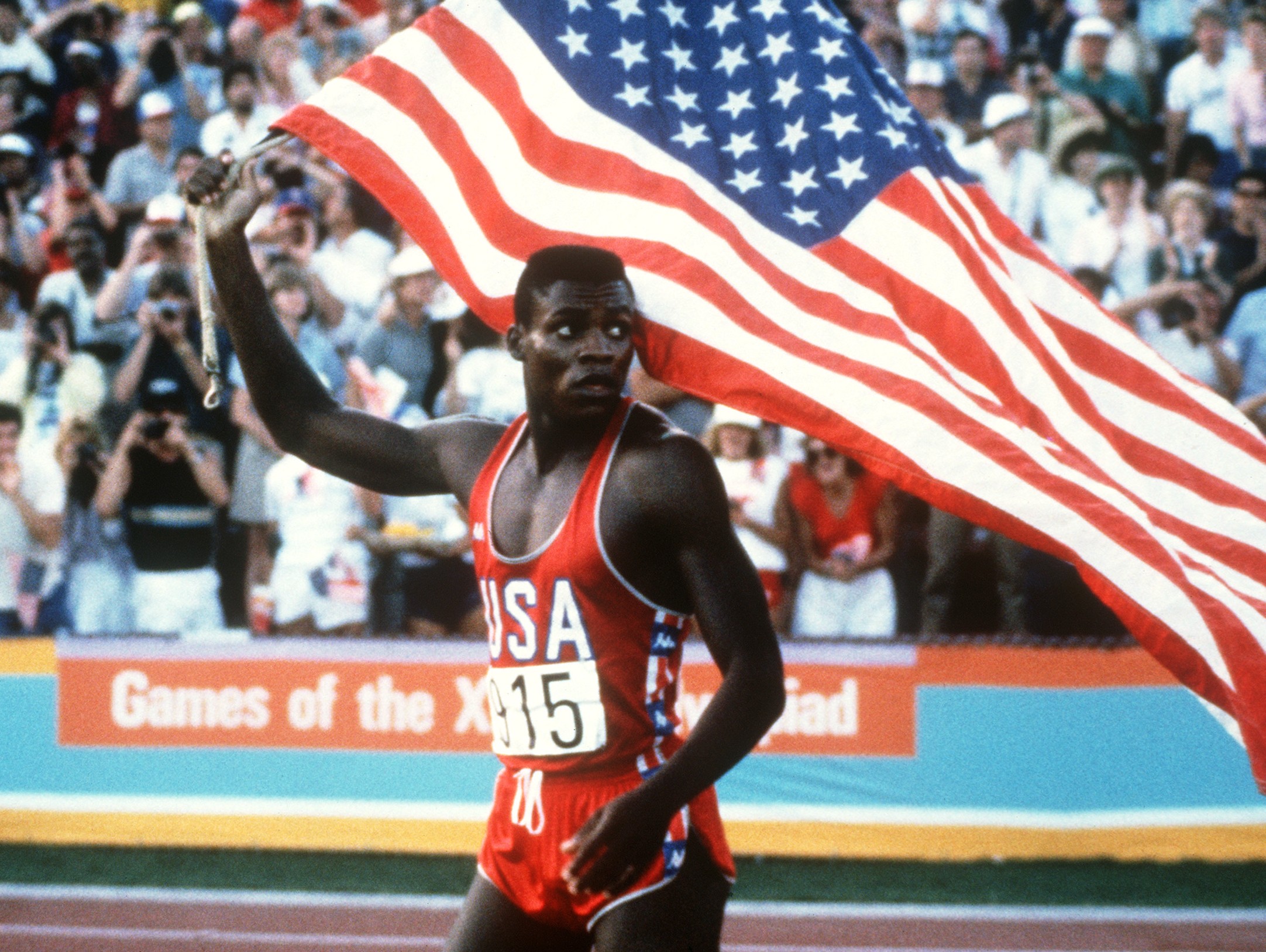




Nice…relevant information at the right time…thanks
Thank you Dr Alka.
Thanks